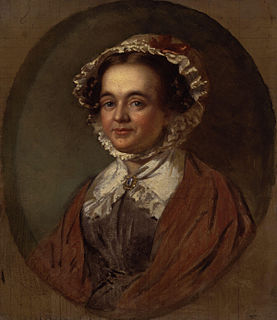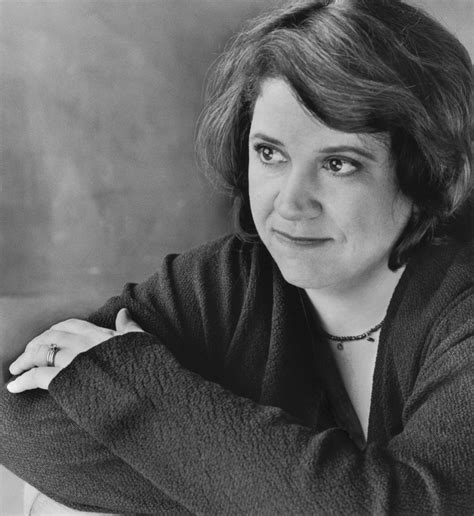A Quote by Neil Gaiman
I was always aware, reading Chesterton, that there was someone writing this who rejoiced in words, who deployed them on the page as an artist deploys his paints upon his palette. Behind every Chesterton sentence there was someone painting with words, and it seemed to me that at the end of any particularly good sentence or any perfectly-put paradox, you could hear the author, somewhere behind the scenes, giggling with delight.
Related Quotes
Writing is linear and sequential; Sentence B must follow Sentence A, and Sentence C must follow Sentence B, and eventually you get to Sentence Z. The hard part of writing isn't the writing; it's the thinking. You can solve most of your writing problems if you stop after every sentence and ask: What does the reader need to know next?
When you write comic books and when you are writing for television, you're not writing the end product, you are writing notes for someone else to make the end product essentially. My scripts are just directions for the artist to draw pages and the pages are what is seen. I kind of feel like it's a safety net, you're able to hide behind the art to a certain extent, and in television you're able to hide behind the actors and the production, but with novels, your words are it
J. Budziszewski is perhaps the clearest and most eloquent natural lawyer writing today. When reading his works I often find myself amazed by his insights and wondering, 'Why didn’t I think of that?' And then it dawns on me, 'That's what C. S. Lewis and G. K. Chesterton do to me as well.' The Line Through the Heart is another destination in J. Budziszewski's philosophical quest to lead his readers to the promised land of the good, the true, and the beautiful, to guide us to that place where we have always been but can't seem to find.
I'm a 'frotteur,' someone who likes to rub words in his hand, to turn them around and feel them, to wonder if that really is the best word possible. Does that word in this sentence have any electric potential? Does it do anything? Too much electricity will make your reader's hair frizzy. There's a question of pacing.
Buonaparte is certainly writing, or rather dictating, his memoirs. He walks backwards and forwards with his hands behind him, and dictates so fast that two or three of his suite are obliged to be in attendance, that the one may take down one-half of a sentence, and another the rest; they then literally compare notes, and put the disjointed legs and wings and heads of periods together. This is writing a book as he fought a battle.
The first sentence of the truth is always the hardest. Each of us had a first sentence, and most of us found the strength to say it out loud to someone who deserved to hear it. What we hoped, and what we found, was that the second sentence of the truth is always easier than the first, and the third sentence is even easier than that. Suddenly you are speaking the truth in paragraphs, in pages. The fear, the nervousness, is still there, but it is joined by a new confidence. All along, you've used the first sentence as a lock. But now you find that it's the key.
What makes a sentence, a phrase, a moment, or a scene delightful? Something about recognizing the truth in it, hearing the music in it, understanding, intuitively perhaps, that the words are just right. It's not a matter of even context - delight is not limited to scenes or descriptions of happiness or beauty - but of aesthetic appreciation of the thing itself. As a reader, I find it's that moment when I want to stop reading, and also that moment when I know I can't. Delight is that it's what takes me by surprise and reminds me why I love the literary arts above all others.
I hate irony, particularly when it is used because there isn't any message or to hide that someone hasn't any story to tell. Just like when someone only spews out a stack of cool words which don't mean anything and then has the gall to call it art. I always want to create a bridge between us and the listener, and I want it to be so that kids want to create for themselves a story or a context of the words.



































